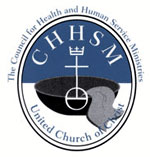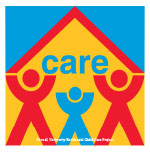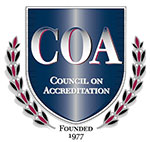PROGRAMS
GET INVOLVED
SUPPORT OUR MISSION

Talking to teens about drugs can seem intimidating, but having these conversations can be greatly impactful. Now that they’re older and have a bit more freedom, they’ll likely encounter situations or environments where drug and alcohol use are prevalent. However, parents have more influence over their kids’ choices than they know.
Here are a few steps from our substance abuse prevention specialists that can help parents work with their teens in order to help them make smart decisions regarding drugs and alcohol.
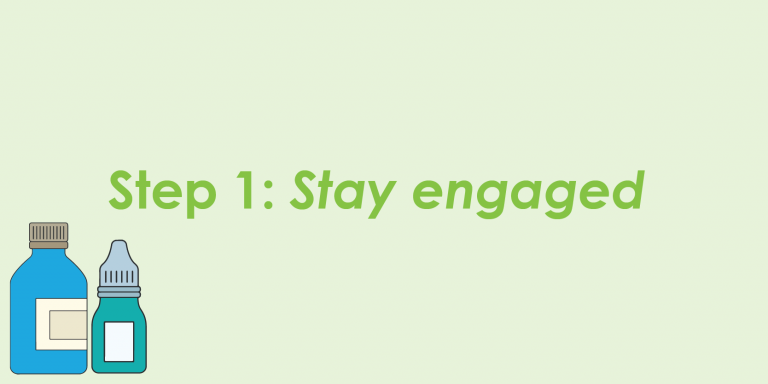
Step 1: Stay Engaged
Regularly asking your teen questions opens up a dialogue about the things going on in their lives, which may include experiences with drugs and alcohol. Even if the subject of substance use doesn’t immediately come up, asking open ended questions creates those opportunities for be responsiveness. Additionally, knowing who their friends are and checking in on those friendships establishes a familiarity of those relationships.
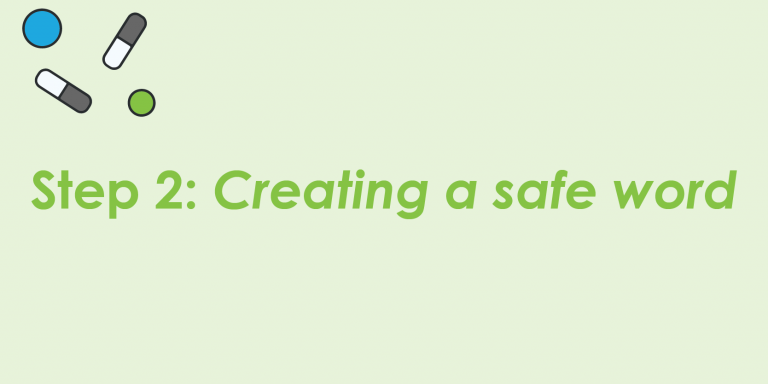
Step 2: Creating a safe word
If your teen is at a party or outing where they are encouraged to use drugs or alcohol, creating a safe word (via a text or phone call) that signals they want to leave, can give them a way out of a situation that makes them uncomfortable. Because they are older and may have more responsibilities attributed to them, using an excuse like, “My parents need me to pick up my sibling” or “I need to leave early to help my grandma’ can serve as a plausible reason to exit an uncomfortable situation.
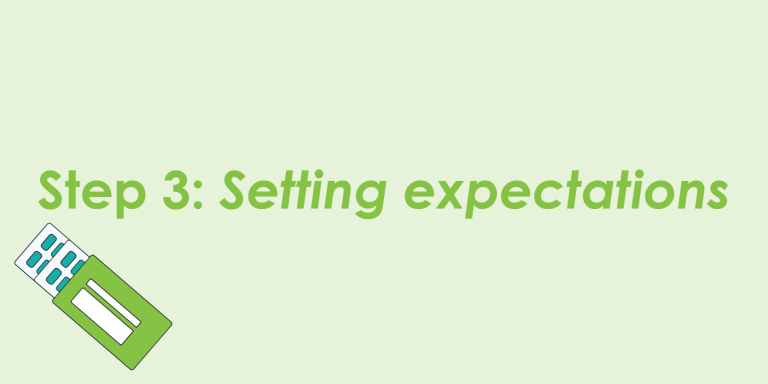
Step 3: Setting Expectations
Beyond discussing drugs and alcohol use with teens, setting expectations in the household about drug and alcohol use can be highly influential in their decision to not experiment with substances. Whether it’s the understanding that alcohol will not be consumed in the home until 21, or that cigarettes are not to be used regardless of the legal age, setting expectations promotes an understanding of acceptable standards that teens can be encouraged to uphold.
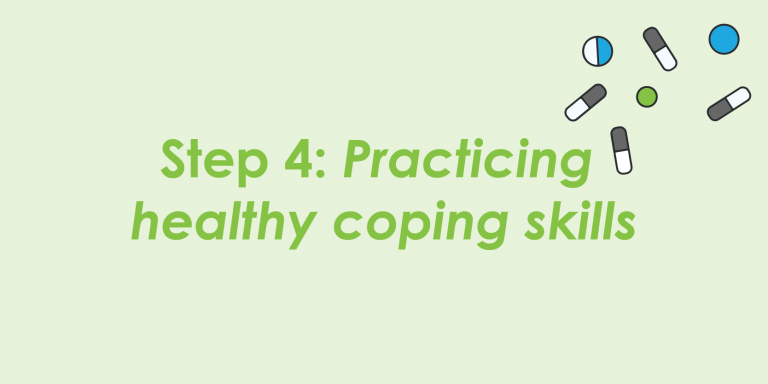
Step 4: Practicing Healthy Coping Skills
Adolescence can be a fraught time, and teens may end up turning to substances to cope with the stress or social pressures they may be dealing with, or to gain social capital with their peers. Make a plan with your kids about new ways to cope through yoga, journaling, music, exercise, drawing, or other healthy outlets. Also, parents should be mindful of their own usage so that their teens can follow a good example. Parents prefacing a glass a wine or a can of beer with a comment about how stressful a day it was, sends a signal their kids that drinking is an appropriate way to cope with stress.
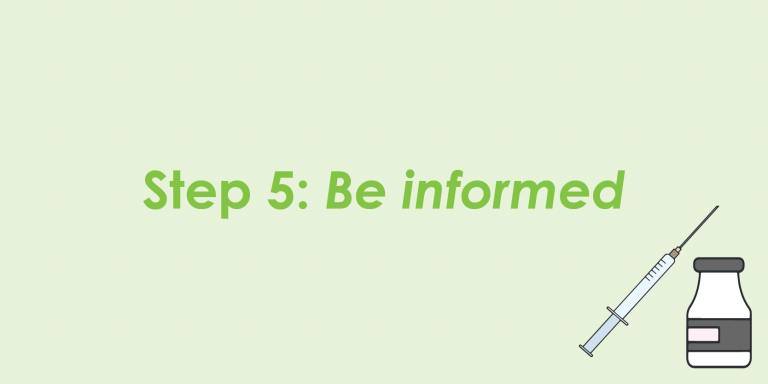
Step 5: Be Informed
It’s valuable to check the news and research what drug and alcohol use trends are currently popular across the teenage demographic. Despite the misconception that teens don’t want to talk to their parents, their desire to be heard will often prompt them to share. Ask teens what they know about a certain drug, what it is, and if they know anyone who’s tried it. If a child knows that their parents are aware of a certain drug, they’re less likely to try it.
In the end, parents cannot control their kids’ actions, but through communication and preparation, they can assist them in having the right tools to make smart, informed decisions.
